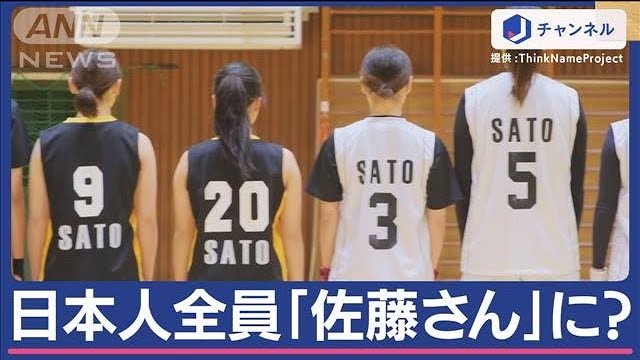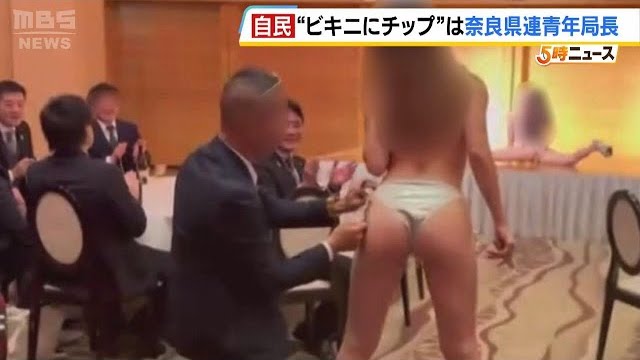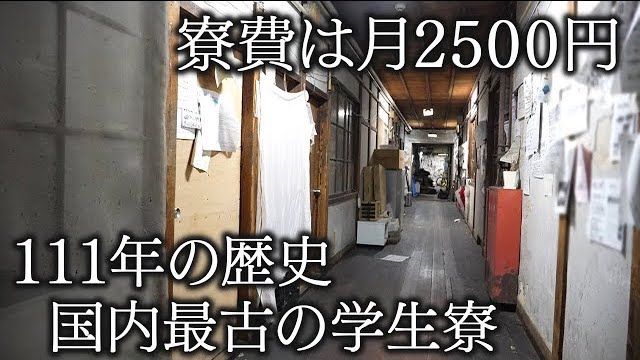As a foreigner, you will notice that there are pachinko parlors everywhere in Japan. The neon signs of these pachinko parlors will meet your gaze everywhere in the country. Even the television channels will be full of advertisements for new parlors and machines.
Now that the lawmakers have lifted the ban on casinos, the popularity of gambling is expected to pick up. Already online casino websites such as Casinotopsonline.com are offering a great collection of games and juicy bonuses to attract a large segment of gambling fans. While recent features like live casinos are only adding to their charm. With such appealing offers by these casinos, pachinko parlors will probably have to face a lot of competition in Japan.
1- History of pachinko machines
The origination of Pachinko machines goes back to the 1920s when it was called the 'Corinth' game. Surprisingly, the aim of this game back then was to attract children to buy candies in the stores. Its popularity hugely grew in Japan in a short time and also spread around the world. When Japan was embroiled in the Second World War, all the pachinko parlors were closed down. However, the popularity of the game picked up once the war ended with the first commercial parlor opening in Nagoya in the year 1948.
2- Koreans dominate this industry
Most of the owners of the pachinko parlors are ethnic Koreans. It is estimated that these Koreans own about 70% of the parlors in Japan. That is how millions of dollars revenues go to North Korea through this channel. Many of these owners are said to be pro-Pyongyang owners who operate in Japan.
These Koreans were the pioneers of the industry after the end of the Great War. Many came to Japan during the colonial rule for the sake of employment while others were forced laborers in the country.
3- Why it is not gambling?
Many might regard pachinko as a form of gambling, but technically speaking it is not. Instead of cash rewards, the winners of pachinko get prizes like candy, T-shirts, and cosmetics, etc.
However, the winners can take these prizes to a nearby kankin which is a place for exchanging their prizes for real cash and is often located in a small hut. These kankins sell back the prizes to the parlor and hence the process is repeated.
4- The decrease of pachinko parlors in Japan
In Japan, a gradual decrease in the number of pachinko parlors has been noticed. It is estimated that there is one-third fewer pachinko parlors now than there were in the year 2005. These remaining parlors are trying very hard to attract younger players now, but the new laws are a hindrance in this regard. In order to limit the addiction problem, the laws reduced the maximum payout by one-third, which meant a $450 amount was the maximum a player could earn in a 4-hour session.
5- Size of the industry
The size of pachinko industry is extremely big. The revenues in 2002 alone were an estimated $2.80 billion, which makes it more than the entire GDP of a country like New Zealand. It is also more than the export car industry of Japan and several times more than the annual gambling revenue of Las Vegas. The pachinko industry also employs a huge number of people every year.
6- Great customer service
Pachinko is not operated by the government, therefore you can expect the customer service to vary greatly from one place to another. Some parlors present candies to their customers while others try to create a very unique and special atmosphere to lure people in. 7- It can be very time consuming
Money may be the main cost you incur for playing at pachinko machines, but more than that it will consume a lot of your time. Compared to the slot machines in Las Vegas, the pachinko machines are very slow taking a lot of time of the player.










